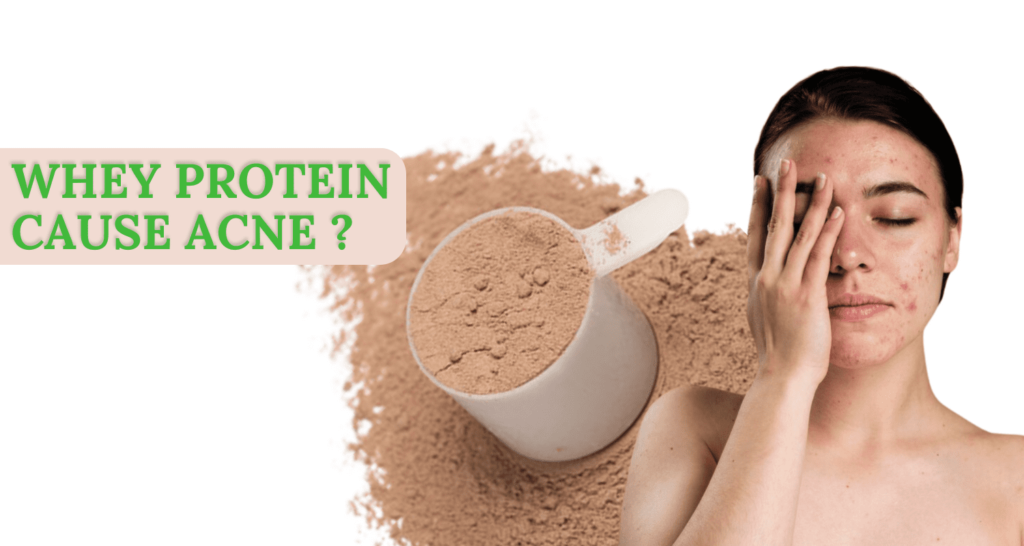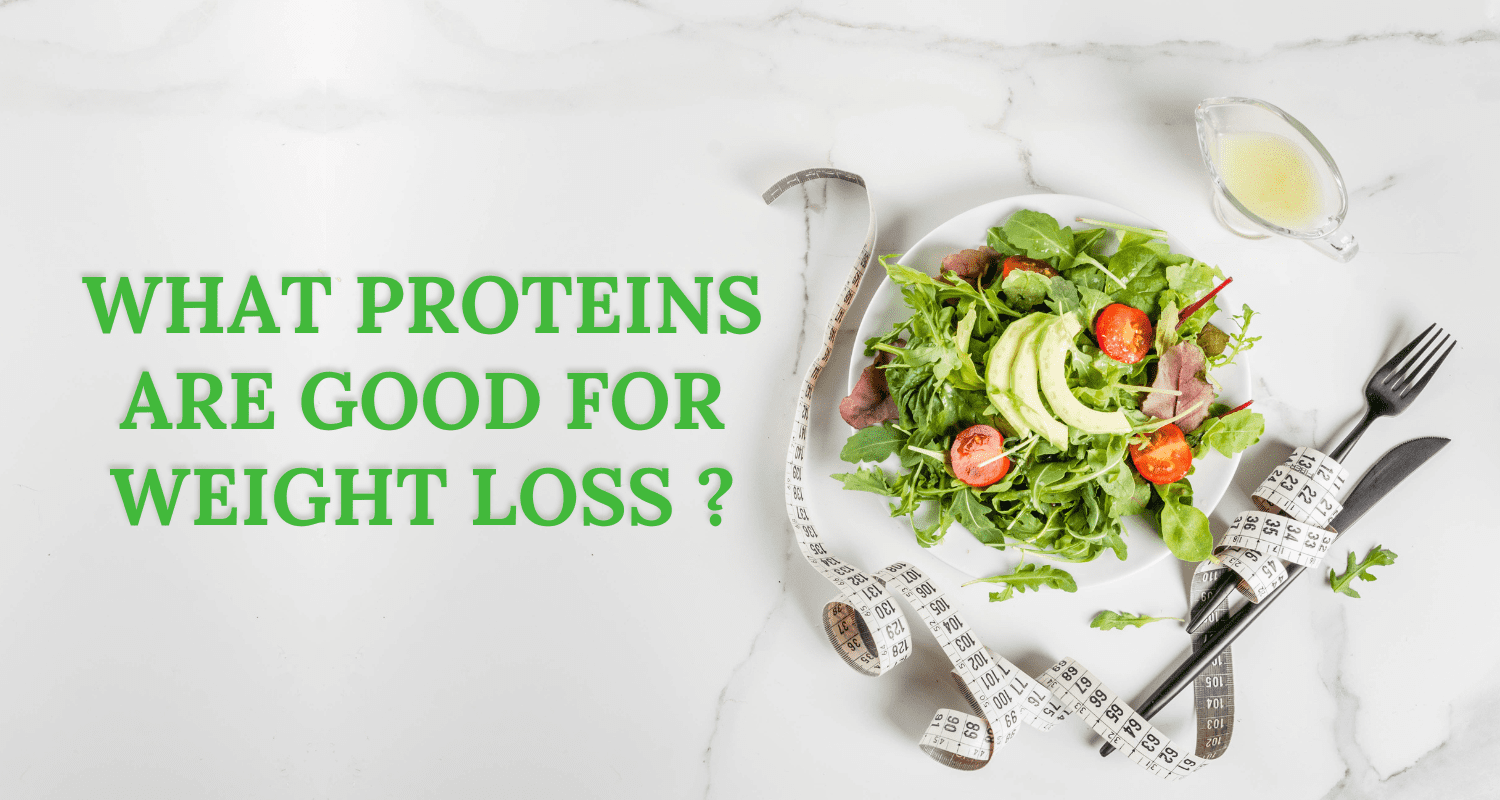Did you know that acne affects approximately 50 million Americans each year?
Acne is a common skin condition that can have a significant impact on a person’s self-esteem and overall well-being.
While various factors contribute to acne development, there has been speculation about the role of whey protein, a popular supplement commonly used by fitness enthusiasts and athletes.
In this article, we will explore the link between whey protein and acne, examining the available evidence and discussing the potential effects of whey protein on the skin.
Let’s dive into does whey protein cause acne.
Key Takeaways:
- Acne is a widespread skin condition that affects millions of Americans annually.
- Whey protein supplementation has been speculated to contribute to acne development.
- Does whey protein cause acne? The evidence regarding the link between whey protein and acne is limited and inconclusive.
- Other factors such as genetics, environmental factors, and overall skincare routine play a significant role in acne development.
- To choose a high-quality whey protein supplement, prioritize third-party tested products that undergo rigorous quality control measures.
The Link Between Dairy and Acne
To understand does why protein cause acne, it’s crucial to delve into the relationship between dairy and acne, as whey protein is a key component of milk.
While some observational studies have found a significant link between milk consumption and acne development, the evidence is not conclusive.
These studies often rely on self-reported data and cannot establish a cause-and-effect relationship.
It is important to note that not all dairy products have been linked to acne development.
Yogurt and cheese, for example, have not shown the same association as milk.
One potential reason for the link between dairy and acne is the hormone called insulin-like growth factor 1 (IGF-1), which is found in higher levels in milk and dairy products.
However, more research is needed to fully understand the relationship between dairy consumption and acne development.
Whey Protein and Acne
Whey protein, a primary protein found in milk, is commonly used as a supplement for muscle growth and fat loss.
While there have been a few case reports of acne associated with whey protein supplementation in bodybuilders, the evidence is limited and inconclusive.
Unlike randomized controlled trials, case reports lack a control group and have limited potential to establish causal effects.
Additionally, other factors such as genetics, environmental factors, and overall skincare routine may contribute to acne development.
Therefore, while there is some anecdotal evidence suggesting a possible link between whey protein and acne, more research is needed to determine does whey protein cause acne.
How to Choose a Quality Whey Protein Supplement
When selecting a whey protein supplement, it is crucial to prioritize purity, composition, and overall quality.
There are two primary types of whey protein supplements available: whey protein concentrate and whey protein isolate.
Whey protein concentrate undergoes minimal processing, making it a popular choice for most individuals.
It provides an adequate protein content and is more cost-effective compared to whey protein isolate.
On the other hand, whey protein isolate undergoes further processing, resulting in a higher protein content, lower calorie count, and reduced levels of lactose and fat.
This option is suitable for those with specific dietary requirements, such as lactose intolerance or those looking to control their calorie intake.
To ensure the quality of a whey protein supplement, it is recommended to choose products that have undergone third-party testing by reputable organizations like NSF, USP, or Informed-Sport.
These independent tests assess the identity, potency, and purity of the product, providing an additional level of assurance.
While third-party testing is not mandatory for supplement manufacturers, many reputable brands voluntarily undergo this process to demonstrate their commitment to safety and quality.
By selecting a certified whey protein supplement, consumers can have confidence in the product’s authenticity and quality, making it a reliable addition to their fitness and nutrition routine.
Common Acne Triggers and Risk Factors
Acne development can be influenced by various factors.
Genetic predisposition plays a significant role, with 81% of individuals with acne having a family history of the condition.
Other risk factors for acne include:
- Oily Skin: Excess oil production can clog pores and contribute to acne development.
- Hormonal Disruptions: Hormonal changes during puberty or imbalances can stimulate the production of sebum, leading to acne.
- Poor Sleep: Inadequate sleep or disrupted sleep patterns can contribute to hormonal imbalances and increase the risk of acne.
- High Fat and High Sugar Diets: Diets high in fat and sugar can increase inflammation in the body and contribute to acne development.
- Obesity: Being overweight or obese can worsen hormonal imbalances and increase the risk of acne.
It is important to consider these factors when evaluating the potential causes of acne and to adopt a comprehensive approach to skincare and lifestyle habits to manage and prevent acne breakouts.
Case Reports and Studies on Whey Protein and Acne
Several case reports have examined the potential link between whey protein supplementation and acne development.
These case reports often involve bodybuilders or individuals consuming high doses of whey protein.
However, it is important to note that case reports have limitations and cannot establish causation.
They lack a control group and the ability to determine if whey protein directly causes acne.
Despite the case reports, there is a limited amount of current scientific research on the specific relationship between whey protein and acne.
More rigorous studies are necessary to draw definitive conclusions and determine if there is a true association between whey protein and acne.
It is worth noting that individual factors, such as genetic predisposition and overall skincare routine, should also be considered when assessing the potential role of whey protein in acne development.
In summary, while case reports suggest a possible link between whey protein supplementation and acne, further research is needed.
Rigorous studies are required to establish a solid understanding of the potential relationship.
Taking into account individual factors and maintaining a thorough skincare routine are important elements to consider when evaluating the impact of whey protein on acne development.
Quality Control of Protein Supplements
When it comes to protein supplements, ensuring quality and safety is of utmost importance, particularly among bodybuilders and athletes.
Unfortunately, there have been cases where protein supplements have been adulterated with controlled substances or undisclosed ingredients, posing serious health risks to consumers.
One concerning issue is the presence of anabolic steroids or steroid precursors in certain protein supplements.
These substances are known to have potential side effects, including the development of acne.
It is crucial to note that consuming protein supplements contaminated with these substances can have detrimental effects on your health.
To mitigate these risks and protect yourself, it is highly recommended to choose protein supplements that have undergone third-party testing for identity, potency, and purity.
Third-party testing provides an independent verification of the product’s quality and safety.
The Importance of Third-Party Testing
- Third-party testing is not mandatory for supplement manufacturers, but many reputable brands choose to undergo this process voluntarily.
- Organizations like NSF, USP, or Informed-Sport offer third-party testing services to ensure that protein supplements meet stringent quality standards.
- These tests verify that the product contains the ingredients listed on the label and that it is free from any adulteration or contamination.
- By choosing a protein supplement that has been third-party tested, you can have greater confidence in its safety and reliability.
When purchasing protein supplements, look for the certification seals or labels from these independent organizations, as they indicate that the product has met the established quality standards.
This provides you with peace of mind and reassurance that you are consuming a high-quality supplement.
Taking these precautions and opting for protein supplements that have undergone third-party testing can significantly reduce the risk of contamination, adulteration, and the associated side effects, including acne caused by anabolic steroids.
Conclusion
In conclusion, does whey protein cause acne, the relationship between whey protein and acne is still inconclusive.
While some anecdotal evidence and case reports suggest a possible link, there is no strong evidence to suggest that whey protein directly causes acne.
It is important to consider other factors such as genetics, environmental factors, and overall skincare routine when assessing the potential role of whey protein in acne development.
When choosing a whey protein supplement, it is crucial to prioritize quality and ensure that the product has undergone third-party testing for identity, potency, and purity.
This helps to ensure that you are purchasing a high-quality product and reduces the risk of contamination or adulteration.
However, it is important to note that whey protein supplementation should be considered as part of a comprehensive approach to skincare and lifestyle habits.
Consulting with a healthcare professional can provide personalized guidance and recommendations based on individual factors.
Managing and preventing acne breakouts require adopting a comprehensive approach that encompasses factors beyond whey protein supplementation.
This may include maintaining a healthy skincare routine, managing stress levels, following a balanced diet, and addressing any underlying hormonal imbalances.
By considering these factors and taking proactive steps, individuals can better manage their acne and promote overall skin health.
FAQs
Does whey protein cause acne?
Whey protein can potentially worsen acne in some individuals due to its effect on hormone levels and insulin production.
Do whey protein cause pimples?
Yes, whey protein can contribute to the development of pimples, especially if you are prone to acne.
Should I stop taking whey protein if I have acne?
If you notice that whey protein exacerbates your acne, it may be beneficial to stop consuming it and explore alternative protein sources.
How do you prevent whey protein from acne?
To minimize the risk of acne flare-ups, try switching to a different type of protein powder such as pea or rice protein.
Is protein powder OK for acne?
Some protein powders, including whey, may aggravate acne for certain individuals. Consider experimenting with different protein sources to find one that doesn’t affect your skin negatively.
Does whey make acne worse?
Whey protein can potentially worsen acne due to its impact on insulin-like growth factor-1 (IGF-1) levels, which are associated with acne development.
Does whey protein affect face?
Yes, whey protein can affect the face by potentially exacerbating acne in some individuals. If you experience breakouts, consider reducing or eliminating whey protein from your diet to see if it improves your skin condition.
Disclaimer: This content, including advice, provides generic information only. It is not a substitute for a qualified medical opinion. Always consult a specialist or your doctor for more information. Nutrition Cult does not claim responsibility for this information.




